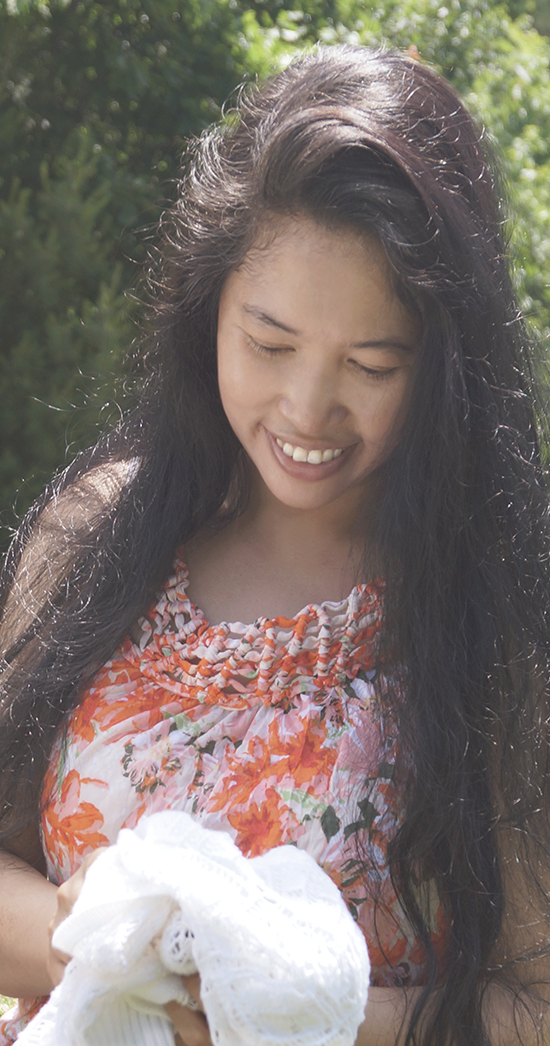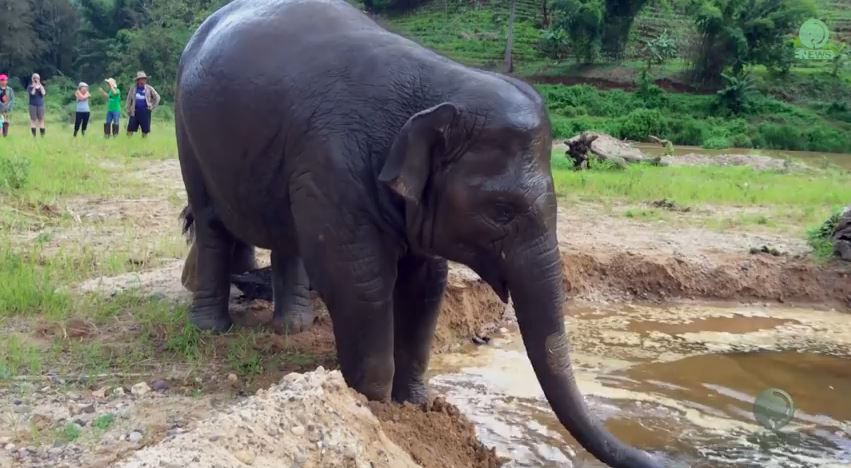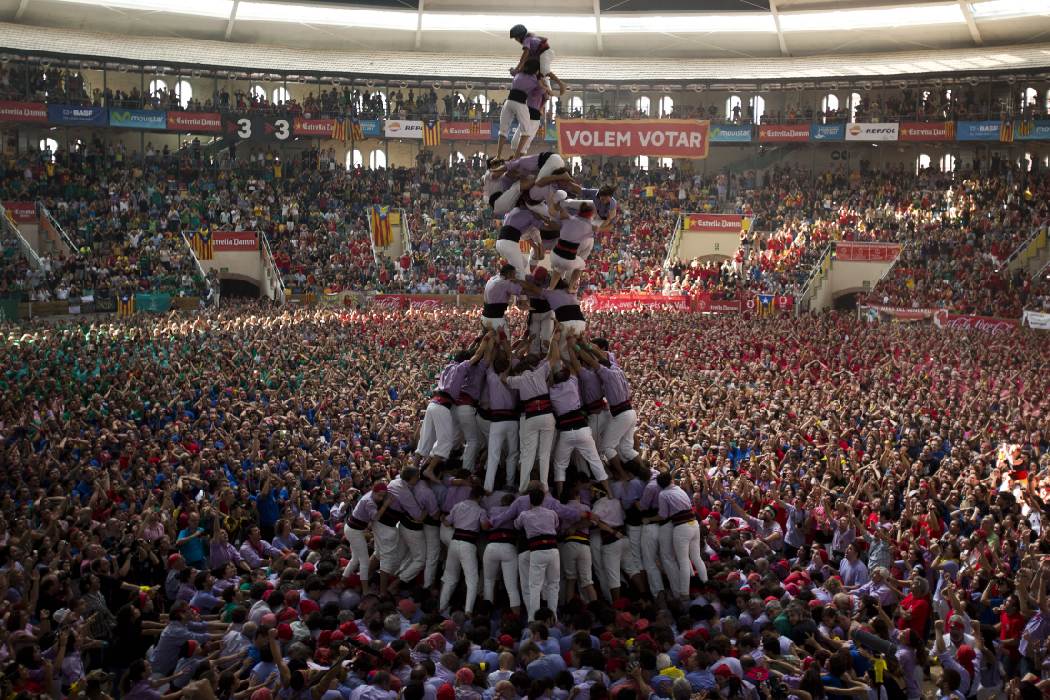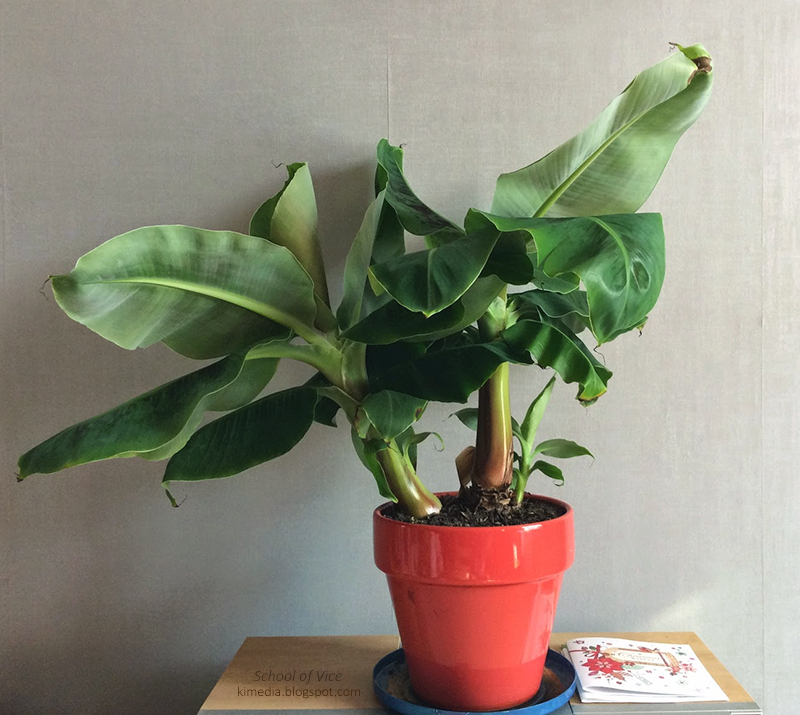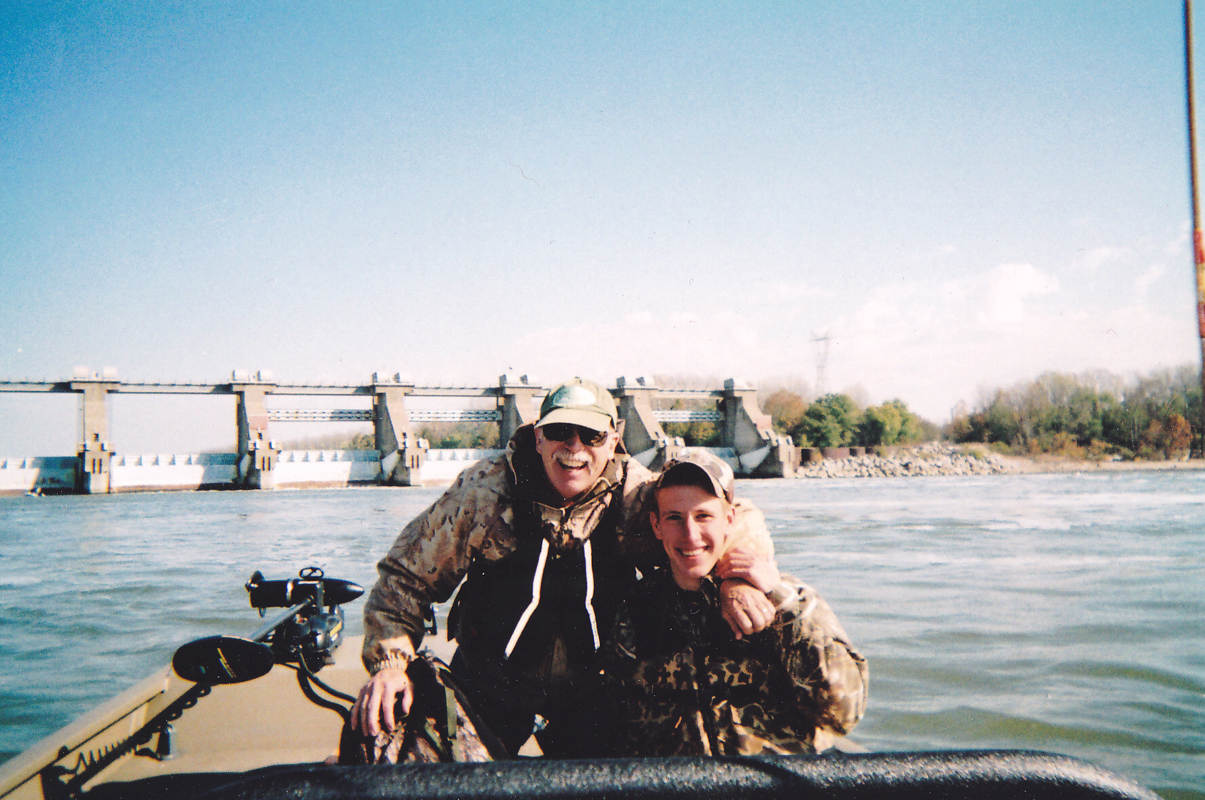-
Comment October 7, 2014
-
Elephant in the pond
Comment October 6, 2014 -
When friendship formed
Comment October 6, 2014 -
You are a woman… Your voice may be soft
100 October 6, 2014Fight off the feeling of helplessness.
You have the power to create, nurture, and mold.
Your voice may be soft, but it carries
a sense of purpose. Your shoulders
may be delicate, but they can carry
the burden of a family with ease.
Believe in yourself. ~Quotationshttp://leelavadeeflower.blogspot.com/2014/10/you-are-woman-your-voice-may-be-soft.html
+409 This post has been reshared 77 times on Google+
-
Typhoon Phanfone Landfall & hits Tokyo, Shizuoka Japan
20 October 6, 2014+70 This post has been reshared 4 times on Google+
-
How we learn to Love
Comment October 6, 2014 -
Building human towers
Comment October 6, 2014Members of the Castellers Collas Jove Xiquets de Tarragona fall as they tried to complete their human tower during the 25th Human Tower Competition in Tarragona, Spain, on Sunday, Oct. 5, 2014. (AP Photo/Emilio Morenatti)
The tradition of building human towers or “castells” dates back to the 18th century and takes place during festivals in Catalonia, where “colles” or teams compete to build the tallest and most complicated towers. The structure of the “castells” varies depending on their complexity.
A “castell” is considered completely successful when it is loaded and unloaded without falling apart. The highest “castell” in history was a 10 floor structure with 3 people in each floor. In 2010 “castells” were declared by UNESCO one of the Masterpieces of the Oral and Intangible Heritage of Humanity. (AP)
Castellers de Vilafranca form a human tower, called “castell”, during a biannual competition in Tarragona city October 5, 2014. The formation of human towers is a tradition in the area of Catalonia. (REUTERS/Albert Gea)
-
Sometimes when it comes to Love…
Comment October 6, 2014Why love is like a plant?
Love is man’s greatest need and man’s greatest pursuit of happiness is finding that one perfect true love, his other half, so the dream of living “happily ever after” EFFORTLESSLY would finally come true. But sometimes when it comes to love, we put more effort on the pursuing and casting of net to our targeted prey. And when finally got our catch and had our fun and the realities of life become unavoidable , we start to treat our loved one like a forgotten plant, emotionally unacknowledged and rejected by its owner and, although dying, still not getting any water because to the owner it has become emotionally irrelevant. Love is like a plant, you water it or it will die.
Always remember to treat your love like a plant. Water your love with faithfulness and loyalty. Bring out the best of each other but be loyal and faithful when you’re needed most. When your loved one is weak, be his/her strength. You water your love by being each other’s best friend, as much as possible share as many common interests with your loved one so you can enjoy each other together. ~Ketchie V. Schauf
-
Parents of American held by Islamic State release photos, letter
Comment October 6, 2014By Daniel Wallis, Reuters, October 6, 2014
Peter Kassig, 26, was taken captive a year ago while doing humanitarian work in Syria, his family has said. He was threatened in an Islamic State video issued on Friday that showed the beheading of a British aid worker.
Ed and Paula Kassig of Indianapolis, Indiana, appealed for his release on Saturday in a video message.
On Sunday, they called for people to use the name he has taken since converting to Islam, Abdul-Rahman Kassig.
They also released photos of him working as a medic in Syria in 2013, fishing with his father on the Ohio River in southern Indiana in 2011, and – much younger – standing in his mother’s arms by a waterfall during a family camping trip in 2000.
Kassig’s parents said they were overwhelmed by the response from those who thought their boy was a hero for the humanitarian work he had been doing.
“We have also received many questions about our son’s conversion to Islam,” they said, adding that friends said his journey toward Islam began before he was taken captive, and that he voluntarily converted between October and December 2013.
Caption: In this 2011 photo provided by the Kassig Family, Abdul-Rahman Kassig, right, poses for a photo while fishing with his father, Ed Kassig, near the Cannelton Dam on the Ohio River in southern Indiana. Ed and Paula Kassig said in a statement Sunday, Oct. 5, 2014, that their son, Abdul-Rahman formerly known as Peter, indicated he wasn’t forced to convert to Islam and is at peace with his beliefs. The Islamic State group has threatened to behead the 26-year-old, who was captured Oct. 1, 2013. (AP Photo/Courtesy Kassig Family)
Quoting from a letter he wrote them in June, they said he prays five times every day and takes the religion’s practices seriously, including adopting the name Abdul-Rahman. “We see this as part of our son’s long spiritual journey,” they said.
In the parts of the letter they released, Kassig thanked his parents and said it could not have been easy raising him.
“I am obviously pretty scared to die but the hardest part is not knowing, wondering, hoping, and wondering if I should even hope at all,” he wrote.
“If I do die, I figure that at least you and I can seek refuge and comfort in knowing that I went out as a result of trying to alleviate suffering and helping those in need.”
The letter added that he was in a “dogmatically complicated situation here, but I am at peace with my belief.”Kassig had been doing humanitarian work through Special Emergency Response and Assistance, an organization he founded in 2012 to treat refugees from Syria, his parents have said.
They have also said their son served in the U.S. Army during the Iraq war before being medically discharged. Pentagon records show he spent a year in the army as a Ranger and was deployed to Iraq from April to July 2007.
After leaving the army, Kassig became an emergency medical technician and traveled to Lebanon in May 2012, volunteering in hospitals and treating Palestinian refugees and those fleeing Syria’s civil war.
(Reporting by Daniel Wallis in Denver)
-
What’s right in front of you
Comment October 5, 2014


